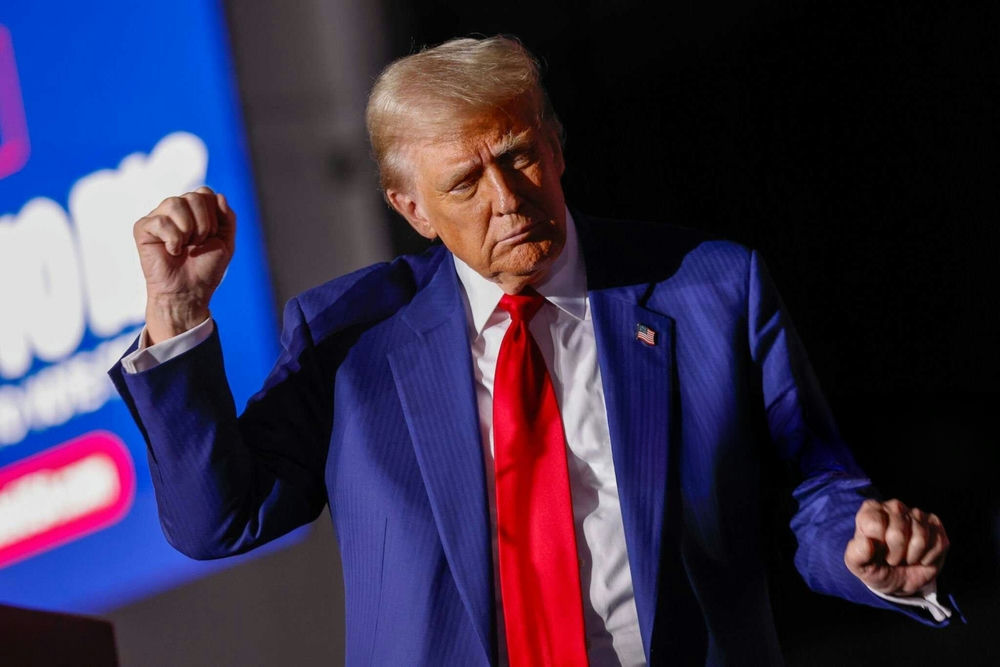British pop star Jess Glynne is furious after the Trump White House used her upbeat song to promote ICE deportations online, igniting a firestorm over art, politics, and what the left calls “meme culture”—but is this really just another manufactured outrage from the anti-borders crowd?
White House Uses Pop Anthem to Spotlight Deportations—Cue Outrage from the Left
The Trump administration’s communications team posted a video on July 30, 2025, that pairs Jess Glynne’s “Hold My Hand” with footage of ICE agents escorting handcuffed migrants onto planes, all packaged in the style of the viral Jet2holidays meme. The clip, complete with the cheery Jet2 voiceover, touts “one-way Jet2 holidays to deportation” as a not-so-subtle dig at illegal immigration and the Biden-era open borders disaster. As expected, the usual suspects in the media and the far left went ballistic, blasting the White House for what they called “insensitivity,” “politicization of music,” and “dehumanizing” those who broke U.S. immigration law. But for many Americans, it’s a welcome sign: the days of government groveling to open-borders activists are over, and the law is finally being enforced.
Singer Jess Glynne Freaks on Trump for Using Her Song to Tout ICE Deportations https://t.co/vMt7qcX9ot
— Breitbart London (@BreitbartLondon) July 31, 2025
The video, which remains on the official White House X account, instantly divided online audiences. Trump supporters cheered the administration’s willingness to use humor and pop culture to highlight its immigration crackdown, seeing it as a clever way to break through media noise. Meanwhile, Glynne and her allies accused the White House of hijacking her song for “division and hate,” despite the fact that her chart-topping track has been used in countless TV ads and memes for years. The real question is: when did enforcing the law become controversial, and since when do artists get to dictate how the public responds to illegal activity?
Jess Glynne’s Backlash: Is It About Principle or Pandering?
Jess Glynne took to Instagram on July 31 to vent her outrage, declaring herself “sick” at the use of her music in a context she claimed was “contrary to everything I stand for.” According to Glynne, “My music is about love, unity, and spreading positivity — never about division or hate.” She demanded the White House stop using her song and made it clear she didn’t want to be associated with ICE, Trump, or immigration enforcement. Predictably, mainstream media outlets quickly amplified her outrage, painting her as a victim and the administration as callous and disrespectful.
Let’s be honest: most Americans are tired of celebrities lecturing us about politics, especially when those celebrities are British pop stars whose biggest claim to fame is being featured in vacation ads. The left wants to turn this into a debate about copyright, artistic intent, or “meme ethics.” But for ordinary taxpayers, the core issue is whether the government is finally doing its job and securing the border. The outrage from Glynne and her fanbase is less about protecting music and more about signaling their opposition to any real enforcement of immigration law.
Government Messaging, Meme Culture, and the Real Stakes: Who Decides?
The Trump White House has made no apologies, and for good reason. The administration has leaned into viral formats and memes to communicate its message—sometimes ruffling feathers, but always getting attention. This latest controversy comes as Trump’s team aggressively ramps up ICE operations, setting a target of one million deportations a year—over three times the previous record. These are not arbitrary numbers; they reflect the overwhelming public frustration with years of open borders, unchecked illegal crossings, and the prioritization of non-citizens over hardworking Americans.
Media critics and academics fret that government use of meme culture “blurs the lines” between official communication and internet parody. Legal experts debate whether the White House’s use of Glynne’s song is fair use, a parody, or something else entirely. But for most families struggling with the fallout of unchecked immigration—rising crime, overburdened schools, and spiraling costs—these debates are little more than elite navel-gazing. The message from the administration is clear: the era of apologizing for enforcing American law is over. If the left wants to make memes the new battleground, so be it. The American people are just glad someone is finally fighting back.
Sources:
Jess Glynne Condemns White House for Misusing Her Music in Controversial Deportation Video
Jess Glynne’s Instagram Statement
Video Clip of Controversial White House Post

